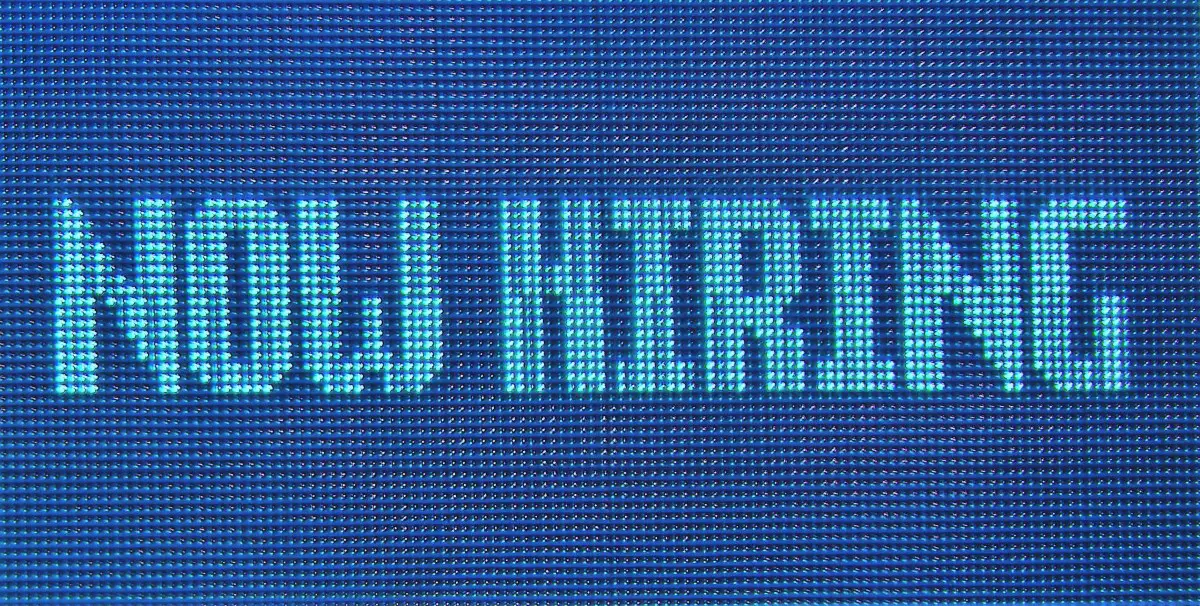HR startup Rippling has grown into a company valued at $13.5 billion with more than 3,200 employees. Despite that size, its founder and CEO Parker Conrad still approves every expense report over $10 and is still the one who does routine HR tasks like running payroll. That’s because doing such tasks means he’s using his own product day to day.
“One of my favorite things about the company is that I am the main user of Rippling at Rippling,” he said on a recent episode of TechCrunch’s Found podcast. In addition to running payroll and approving expenses, he uses the product to manage benefits and set HR policies right down to device management systems. “I think that’s a really great feedback loop. Because it means that if things aren’t working well, or if it’s a pain to use, it gets fixed very quickly, because I’m using it day to day.”
Of course, Conrad’s experience with the platform may not exactly mirror his customers’ because he knows Rippling’s underlying nuts and bolts better than a typical HR manager who didn’t invent the product would. But using Rippling directly like that still allows him to offer specific feedback to his team on how the product should function, he said.
“I’ve got this backlog of administrative work to do often, but each time I do it, there are frequently Slack pings that are going out to individual product and engineering teams about, ‘Hey, this didn’t work quite right, or this was slower than it needed to be, or the experience wasn’t clear,’” Conrad said. “That sort of drives a lot of iteration on the product side.”
This is just one area of leadership where Conrad takes a contrarian approach. He also said he doesn’t believe in top-down management where managers manage other managers.
“I think the only way that I’ve ever been able to solve problems is to go all the way to the ground,” Conrad said. “If you’ve got something that’s going wrong in sales, you’ve got to go watch the last 20 sales calls and see what’s happening with interactions between reps on this team, where things are not working, and customers.”
Likewise if he becomes aware of problems elsewhere, like with customer support, he’ll also go read through the “last 50” support calls, and even “go work as a support rep” himself for a couple of days, he says.
He’s called this approach collecting “ane-data” or anecdotal data. Anecdotes help show a CEO problems much more so than looking at a dashboard of data on how the company is doing in certain areas.
This is a very different style than founders who believe they can get results through force of will or by making demands. It is closer to how Amazon’s Jeff Bezos kept a public email address where he would sift through customer feedback and complaints. But with Bezos, instead of going “to the ground” to observe and walk a mile in his employees’ shoes “Undercover Boss” style, Bezos would forward such complaints to his managers and ask them to write in-depth analysis papers, Bezos told CNBC in 2020.
Conrad also doesn’t believe in the notion of founders identifying the areas they are weaker in and hiring folks who are more equipped for those roles. He called that approach “bulls—” and said founders should learn to master the areas they aren’t strong in.
“You should find the things that you hate within the company, and you should run towards them and bear hug them and just really take them on and focus on those things, because those are the things that are probably going to kill you,” Conrad said. “Those are the things that you’re probably avoiding because it’s uncomfortable to focus on them. I’ve definitely seen that in myself, and the things that you really hate, like, that’s where you should spend all your time.”










